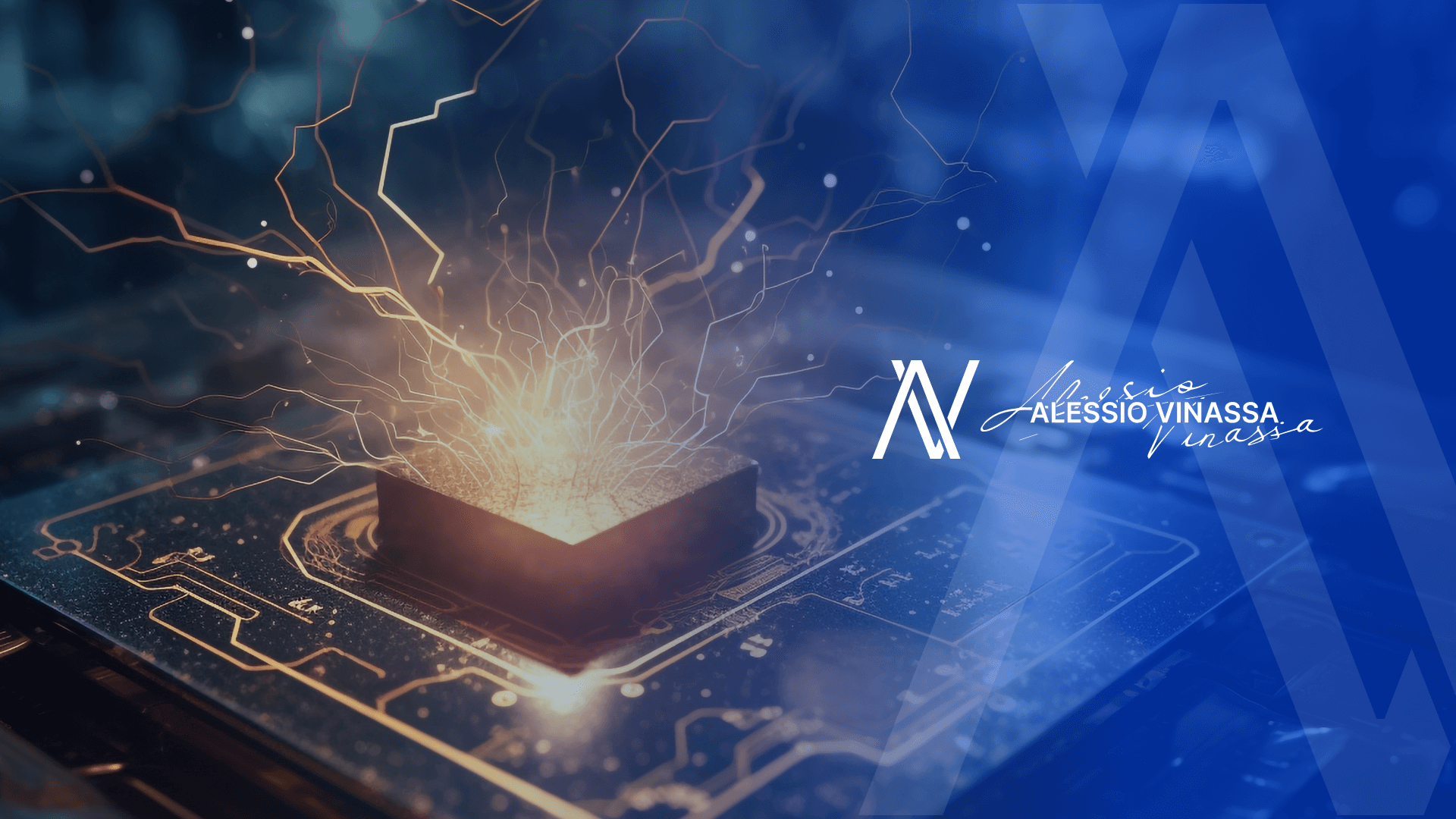
Smart Contracts Are Flawed? Alessio Vinassa on Why Trustless Automation Still Matters
Smart contracts have often been heralded as one of blockchain’s most revolutionary features—self-executing code that operates without intermediaries. But they’ve also drawn criticism for being too rigid, prone to bugs, and difficult to update.
Critics argue that smart contracts are flawed, overhyped, and unfit for real-world complexity.
Yet, like all foundational technologies, their imperfections don’t negate their value—they illuminate the path to evolution.
This article explores the limitations of smart contracts, why they still matter, and how their ongoing refinement is transforming how we interact with digital systems and agreements.
What Are Smart Contracts, Really?
Smart contracts are programmable agreements that automatically execute when predefined conditions are met. They operate on blockchains, ensuring that no party can alter the terms once deployed.
Think of them as vending machines for logic:
- Insert payment
- Select item
- Receive item if all criteria are met
There’s no need for a middleman, escrow service, or manual approval. And once deployed, the contract simply follows the rules encoded into it.
The Criticism: Too Simple, Too Dangerous?
The primary criticisms of smart contracts fall into three buckets:
- Immutability Issues
Once deployed, smart contracts are difficult to change—mistakes can be costly. One line of buggy code could result in millions lost, as seen in multiple DeFi exploits. - Lack of Flexibility
Real-world agreements often require interpretation, exceptions, or off-chain context. Smart contracts are binary—if X, then Y. But life isn’t always that simple. - Security Risks
The open-source nature of smart contracts means anyone can inspect them—including hackers. Poorly written or unaudited code becomes a vulnerability.
Despite these flaws, visionaries and an entrepreneur like Alessio Vinassa believe that smart contracts remain one of the most important breakthroughs in decentralized technology.
“Smart contracts may be imperfect,” says Alessio Vinassa, “but they shift the paradigm. We move from ‘trust me’ to ‘trust the code.’ That’s a powerful foundation to build upon.”
Why They Still Matter
Smart contracts are far from obsolete—they’re developing, evolving and already proving their value across multiple industries:
- Finance: Automating trades, collateral management, and loan execution without intermediaries.
- Supply Chains: Ensuring verifiable tracking and payment upon delivery checkpoints.
- Insurance: Triggering payouts automatically upon verifiable events, such as flight delays.
- Gaming and NFTs: Managing ownership, rewards, and royalties with transparency and speed.
- Governance: Enabling decentralized decision-making and resource allocation in DAOs.
These are just a few of the applications showing that, while smart contracts aren’t perfect, they are functional, efficient, and increasingly indispensable.
Improving the Model
Developers are actively working to address the shortcomings of smart contracts:
- Upgradeable contracts allow for patches and improvements without losing trustless integrity.
- Oracles bridge the gap between on-chain contracts and off-chain data, expanding their utility.
- Formal verification tools are improving the security and predictability of contract execution.
- Layer 2 scaling solutions are lowering fees and speeding up transactions, making contracts more viable at scale.
What critics see as flaws are often signs of an early-stage technology under active development—not disqualifications of its promise.
Trustless, Not Trust-Free
It’s important to clarify: smart contracts eliminate the need to trust people, but they require trust in code, developers, and data inputs.
This doesn’t make them useless—it just reframes where accountability lies. And with the right safeguards, this model can create systems less prone to human bias, corruption, or error.
Alessio Vinassa emphasizes this point: “Smart contracts don’t remove trust—they relocate it. In doing so, they challenge us to build better, more auditable systems from the ground up.”
A New Standard for Digital Agreements
As smart contract ecosystems mature, their implications reach far beyond tech:
- They represent a new legal paradigm, where enforcement happens via code, not courts.
- They empower borderless innovation, enabling international collaboration across continents without intermediaries.
- They reduce friction in digital commerce, offering faster, cheaper, and more reliable interactions leading to more business growth.
Smart contracts are not a replacement for all human agreements—but they offer a new class of tools for a world that is increasingly digital, decentralized, and interconnected.
Key Takeaways
- Smart contracts have legitimate limitations, including immutability, security risks, and lack of context.
- Despite these issues, they offer powerful benefits in automation, transparency, and decentralized trust.
- Improvements like upgradeability, oracles, and formal verification are actively addressing early flaws.
- Alessio Vinassa underscores the transformational nature of smart contracts: they don’t eliminate trust—they shift where trust is placed.
Conclusion
Calling smart contracts “flawed” is like dismissing the internet in the dial-up era. Every technology evolves, and smart contracts are no different.
The fact that they are being used today—across industries and continents—despite their immaturity, speaks volumes about their long-term potential.
We’re witnessing the birth of programmable trust. It’s messy, imperfect, and sometimes frustrating—but it’s also revolutionary.
To know more about Alessio Vinassa and how he grow his business philosophies, visit his website at alessiovinassa.io.
You can also find and follow him on the following social platforms:
Instagram – Facebook – X (Twitter)